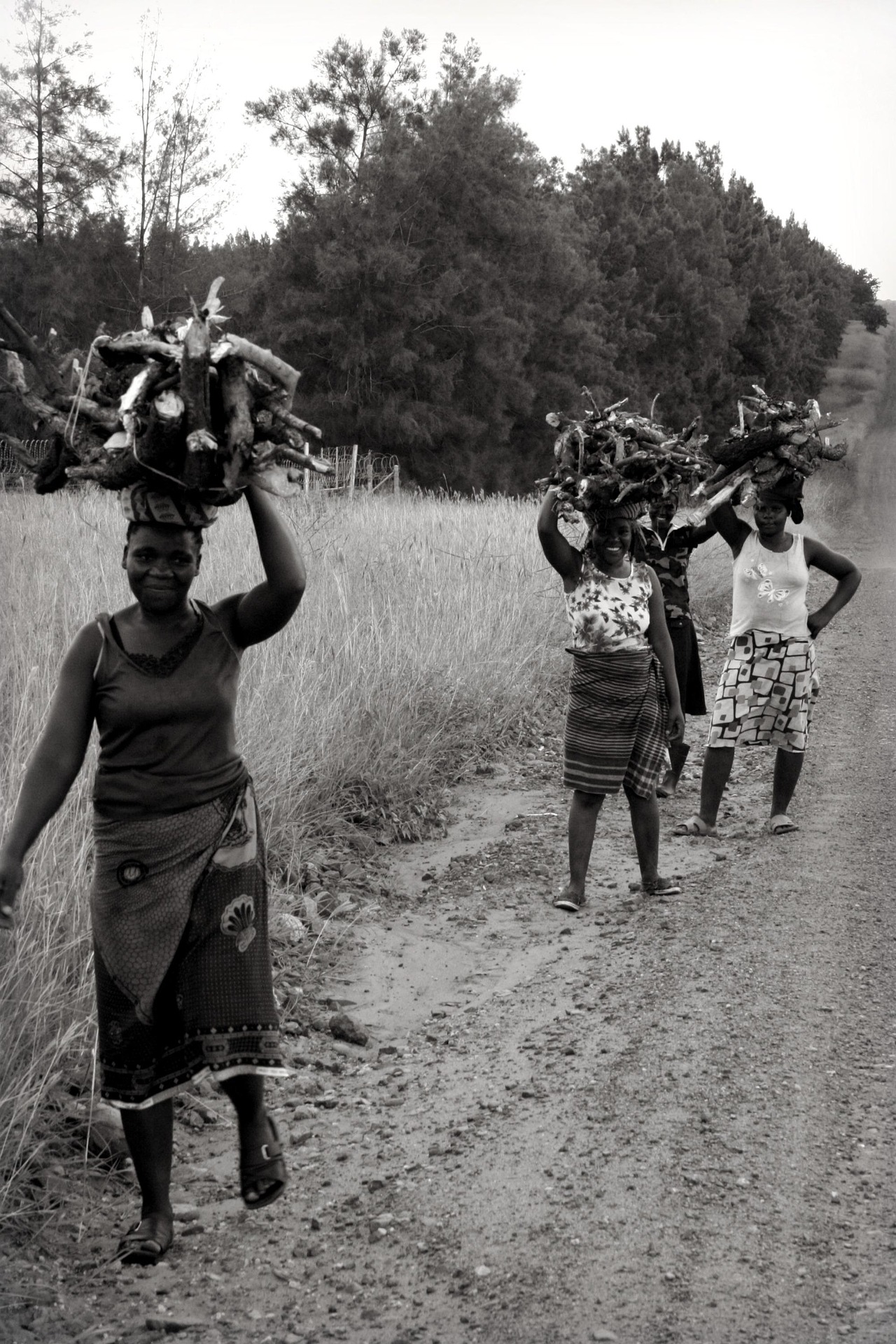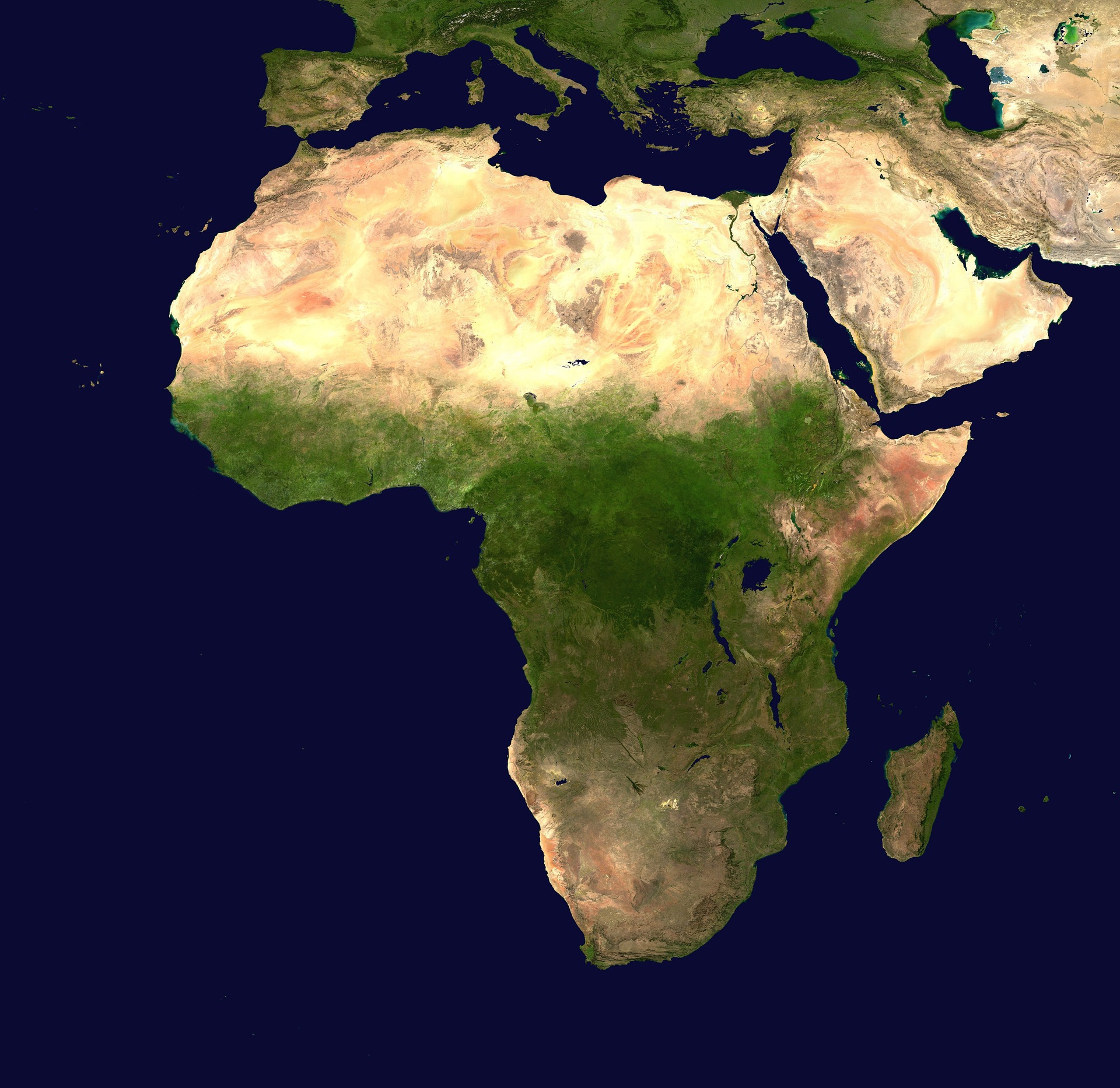Women play a vital role in African societies, contributing significantly to the social, economic, and cultural fabric of the continent. However, despite their importance, women in Africa have historically faced significant challenges and inequalities, including limited access to education, healthcare, and economic opportunities. This article provides an in-depth examination of the role of women in African societies and their struggles for equality.
Traditional Roles of Women in African Societies
In traditional African societies, women played a crucial role in the family and community. They were responsible for childcare, household chores, and agricultural work, and were often expected to assume subordinate roles to men [1]. However, women also played important roles in traditional African societies, including:
- As custodians of cultural heritage and tradition
- As spiritual leaders and healers
- As economic providers and entrepreneurs
Challenges Facing Women in Africa
Despite their important roles, women in Africa face significant challenges and inequalities, including:
- Limited access to education and healthcare
- Limited economic opportunities and autonomy
- High levels of violence and abuse, including domestic violence and female genital mutilation (FGM)
- Limited representation in politics and decision-making positions
Struggles for Equality: Women’s Rights Movements in Africa
Women’s rights movements in Africa have a long and complex history, dating back to the early 20th century. These movements have sought to challenge patriarchal norms and institutions, and to promote women’s empowerment and equality. Some notable examples include:
- The African Women’s Rights Protocol, adopted by the African Union in 2003, which sets out a framework for promoting women’s rights and equality in Africa
- The Women’s March, held in South Africa in 1956, which protested against the extension of pass laws to women
- The work of women’s organizations, such as the African Women’s Development Fund and the Women’s Learning Partnership, which provide training, support, and resources for women’s empowerment and leadership
Progress and Challenges: Women’s Empowerment in Africa Today
Despite the progress made by women’s rights movements in Africa, significant challenges remain. Women continue to face high levels of violence and abuse, limited access to education and healthcare, and limited economic opportunities and autonomy.
However, there are also many positive developments and trends, including:
- Increased representation of women in politics and decision-making positions
- Growing recognition of the importance of women’s empowerment and equality for economic development and growth
- Increased investment in women’s education and healthcare
- Growing activism and mobilization by women’s organizations and movements
Conclusion: The Future of Women’s Empowerment in Africa
The future of women’s empowerment in Africa is complex and multifaceted. While significant challenges remain, there are also many positive developments and trends. To promote women’s empowerment and equality, it is essential to:
- Support women’s organizations and movements
- Invest in women’s education and healthcare
- Promote women’s representation in politics and decision-making positions
- Challenge patriarchal norms and institutions
Ultimately, women’s empowerment and equality are essential for promoting economic development, growth, and social justice in Africa. By working together, we can build a brighter future for women and girls across the continent.
References:
[1] Oyěwùmí, O. (1997). The Invention of Women: Making an African Sense of Western Gender Discourses. Minneapolis: University of Minnesota Press.
[2] Mama, A. (1996). Women’s Studies and Studies of Women in Africa During the 1990s. CODESRIA Working Paper Series.
[3] Tripp, A. M. (2017). Women and Power in Postconflict Africa. New York: Cambridge University Press.
[4] Ahikire, J. (2003). Gender Equality and Women’s Empowerment in Africa. African Development Review.
[5] UN Women. (2020). Women’s Empowerment in Africa: A Review of the Literature.




Leave a Reply